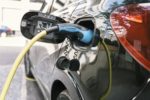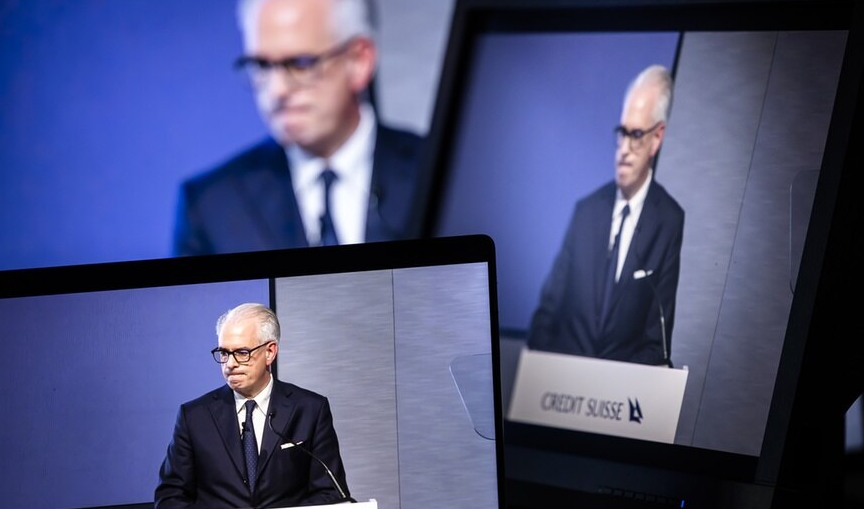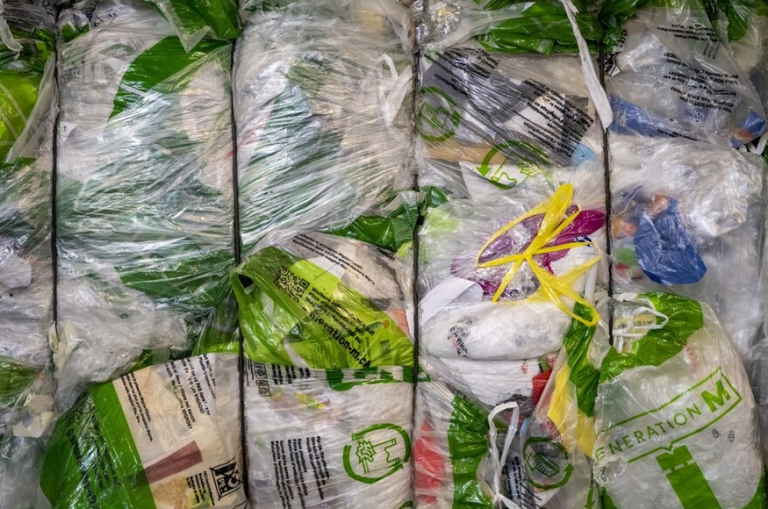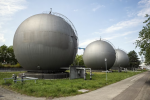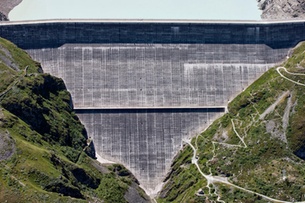
Alpiq’s hydropower portfolio includes the Grand Dixence, the tallest gravity dam in the world (Keystone)
Swiss energy concern Alpiq has changed its mind about selling up to 49% of its hydropower portfolio due to a tough market environment.
In March 2016, Alpiq declared that it was planning to sell a large share of its hydropower assets to investors, provoking strong reactions in the power sector and media. Hydropower is a central pillar of the Swiss electricity supply – some 60% of Switzerland’s energy is produced by water.
On Monday, the firm announced a U-turn declaring that it had suspended plans to sell the portfolio.
Since 2012, Alpiq has reportedly been struggling to deal with cheaper electricity produced elsewhere in Europe. The volte-face on divestment was due to a combination of factors.
“The main reason for the suspension was the fact that the three criteria defined for the transaction – price, contractual conditions and transaction security – were not all fulfilled,” a company statement declared.
Other factors that influenced Alpiq included investors scared away by unforeseen regulatory risks, political discussions to ramp up hydro power, and wholesale electricity prices that have been below production costs for some years now. Alpiq made a net loss of CHF5 million ($5 million) in the first semester of 2017, compared to a profit of CHF41 million the year before.
Roberto Schmidt, a member of parliament in canton Valais, said he was pleased with Alpiq’s decision to hold on to its hydro assets.
“It is important that Alpiq – which owns 27% of all the canton’s hydroelectric capacities – still owns its power stations,” he told the Swiss News Agency.
Alpiq’s hydropower portfolio in Switzerland includes 18 power stations – 13 in the Alps and five along rivers, including numerous dams, mostly in the Valais region – which produce 5 billion kilowatt hours per year. They include the Grand Dixence, the tallest gravity dam in the world (285 metres high).
swissinfo.ch and agenciesFull story here Are you the author? Previous post See more for Next post
Tags: Business,newslettersent





















